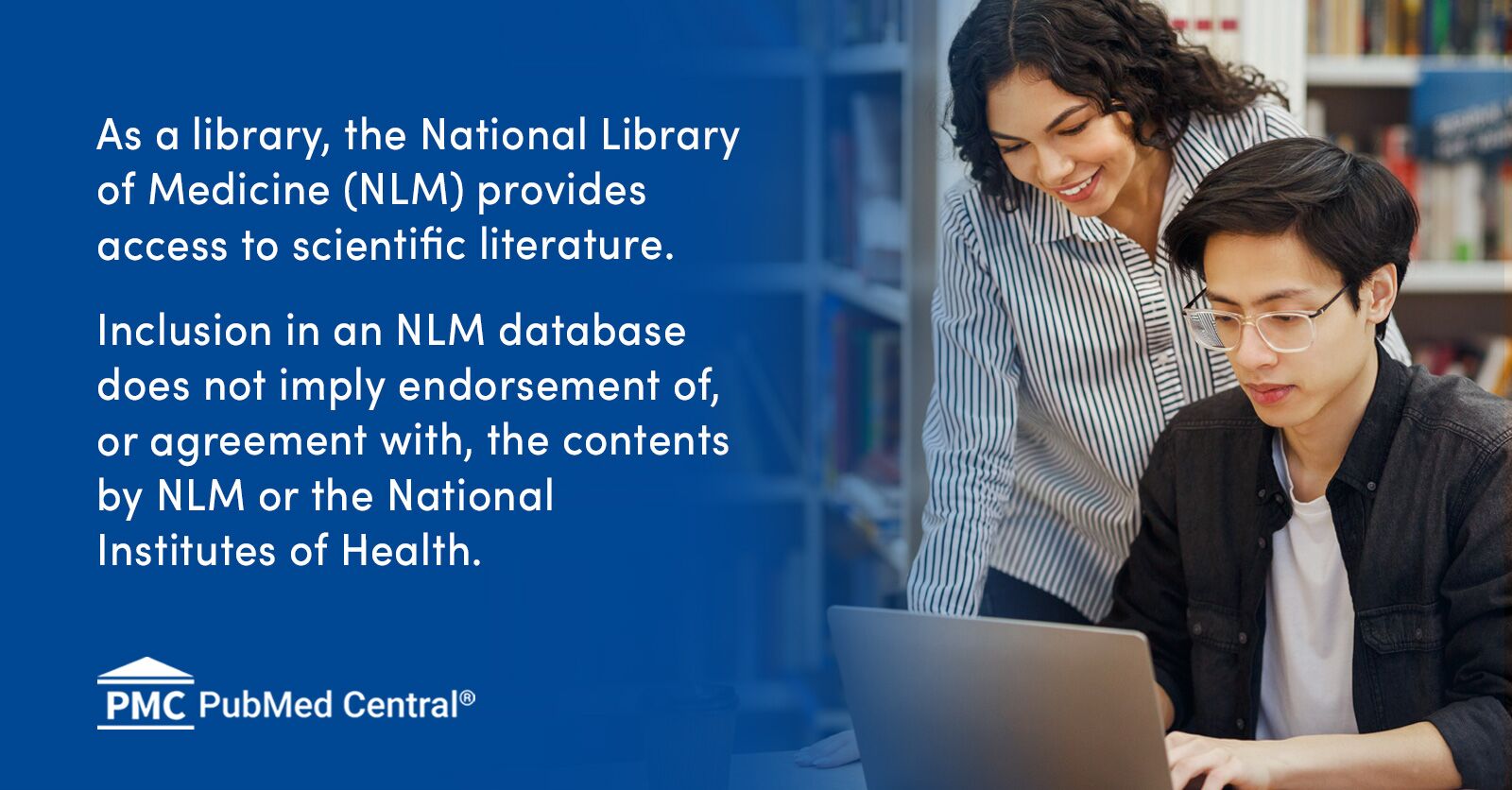Neuroprotection
Bluelighter
- Joined
- Apr 18, 2015
- Messages
- 1,088
okay, this probably sounds like a really stupid question and maybe it is. however, certain experiences I’ve had in my life have brought me to the conclusion that addiction to certain substances have a therapeutic effect and could help me push through the day. of course, I’m talking about addictions to mild/relatively harmless substances like nicotine and maybe even chewing coca leaves.
Basically, in my experience, I found that when I had access to cigarettes or a large amount of nicotine replacement products, I would soon find myself meticulously planning and compulsively thinking about the next time I will administer the nicotine. i’m not a smoker, and my family/community are not aware of my use so that’s why I have to hide it.
nevertheless, my actual experiences when doing this were the opposite of what medical professionals and even smokers like my father was saying. it is commonly believed that whilst nicotine and other stimulants have cognitive enhancing affects, long-term use leads to tolerance and once the addiction sets in, The drug becomes counter-productive. for me, the complete opposite is true. whenever I first start using nicotine, I get no cognitive enhancement, and actually the Extreme euphoria I get is very distracting and puts me off work. on the other hand, once I become addicted, and strong cravings sett in, I really start feeling the benefits. naturally, I am an extreme procrastinator, a very emotional/anxious person and small interactions with nasty people can ruin my entire day.
something changes when I become addicted to nicotine. firstly, I become less sensitive emotionally and my mood is more stable. therefore, my ability to do work is not affected as much by my emotional state.
Secondly, I become strangely more driven to push through my tasks and A small part of this is my excitement about taking my next dose of nicotine. additionally, whilst addicted to nicotine, I was much more likely to value the free time I had to myself. for example, I love reading scientific articles in my spare time and I really enjoy this since I rarely get free time to myself. unfortunately, sometimes I will get bored and constantly flick through articles, because I couldn’t make a choice on which one to read, and none could sustain my attention despite being interesting. Yet I still knew that as soon as I went back to work, I would start thinking about those articles and would be happy to read any one of them. interestingly, when in the midst of regular nicotine use/ addiction, I would absolutely cherish my free time and enjoy it, even if I had nothing to do. I could take any article and read it and the enjoyment would be immense.
Finally, aside from cognitive/emotional effects i’m wondering if there is a psychological component whereby people might actually enjoy the addiction. this was definitely the case for me. Rather than the addiction taking over natural rewards/habits, for me, nicotine addiction complimented them. my next hit would be something very pleasant to look forward to and that would keep me happy throughout the day.
Of course, addiction to drugs like crack cocaine or methamphetamine is destructive and counter-productiv not only because of their extremely addictive nature or issues around legality and crime, mostly because of their extremely damaging effects on cognitive performance and brain function, including risk of psychosis.
Basically, in my experience, I found that when I had access to cigarettes or a large amount of nicotine replacement products, I would soon find myself meticulously planning and compulsively thinking about the next time I will administer the nicotine. i’m not a smoker, and my family/community are not aware of my use so that’s why I have to hide it.
nevertheless, my actual experiences when doing this were the opposite of what medical professionals and even smokers like my father was saying. it is commonly believed that whilst nicotine and other stimulants have cognitive enhancing affects, long-term use leads to tolerance and once the addiction sets in, The drug becomes counter-productive. for me, the complete opposite is true. whenever I first start using nicotine, I get no cognitive enhancement, and actually the Extreme euphoria I get is very distracting and puts me off work. on the other hand, once I become addicted, and strong cravings sett in, I really start feeling the benefits. naturally, I am an extreme procrastinator, a very emotional/anxious person and small interactions with nasty people can ruin my entire day.
something changes when I become addicted to nicotine. firstly, I become less sensitive emotionally and my mood is more stable. therefore, my ability to do work is not affected as much by my emotional state.
Secondly, I become strangely more driven to push through my tasks and A small part of this is my excitement about taking my next dose of nicotine. additionally, whilst addicted to nicotine, I was much more likely to value the free time I had to myself. for example, I love reading scientific articles in my spare time and I really enjoy this since I rarely get free time to myself. unfortunately, sometimes I will get bored and constantly flick through articles, because I couldn’t make a choice on which one to read, and none could sustain my attention despite being interesting. Yet I still knew that as soon as I went back to work, I would start thinking about those articles and would be happy to read any one of them. interestingly, when in the midst of regular nicotine use/ addiction, I would absolutely cherish my free time and enjoy it, even if I had nothing to do. I could take any article and read it and the enjoyment would be immense.
Finally, aside from cognitive/emotional effects i’m wondering if there is a psychological component whereby people might actually enjoy the addiction. this was definitely the case for me. Rather than the addiction taking over natural rewards/habits, for me, nicotine addiction complimented them. my next hit would be something very pleasant to look forward to and that would keep me happy throughout the day.
Of course, addiction to drugs like crack cocaine or methamphetamine is destructive and counter-productiv not only because of their extremely addictive nature or issues around legality and crime, mostly because of their extremely damaging effects on cognitive performance and brain function, including risk of psychosis.



